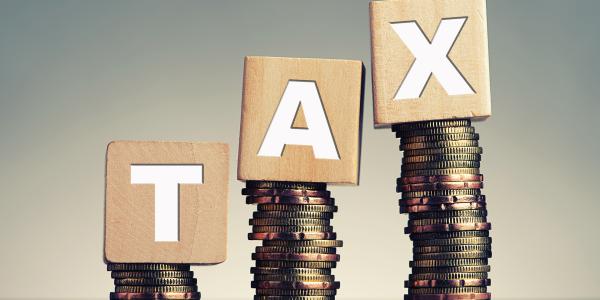How tax is collected
On this page, we explain briefly the two main ways tax is collected on income in the UK. We only deal with UK sources of income here. For more information on how UK capital gains tax is collected, see our page Capital gains tax. For more information on how foreign income is taxed in the UK, go to our page UK tax for UK residents on foreign income and gains.

How tax is collected
You can generally pay UK income tax in two ways – either the income tax is deducted from the income before you get the rest of the money, or you pay it direct to HM Revenue & Customs (HMRC). Sometimes it is a combination of the two – you might have some tax taken from the money before you get it and then have to pay the difference (or claim a refund) depending on your own tax situation.
If the person paying your income to you deducts tax from your income before paying you the income due to you, it is often known as having tax ‘deducted at source’.
This means you only receive the ‘net’ amount of income after tax.
If you receive the full amount of your income, and no tax has been deducted from it, then you receive the ‘gross’ amount of income before tax is taken off.
When you are working out how much tax you are due to pay, you have to include the gross amount of your income. This means that if you only received the net amount, you have to add on the tax that has been deducted to reach the gross amount, and include the gross figure.
More information
There is more information on the Pay As You Earn system on our page Pay As You Earn (PAYE).
There is more information about self assessment on our page Self assessment.
There is more information about simple assessment on our page Simple assessment.



